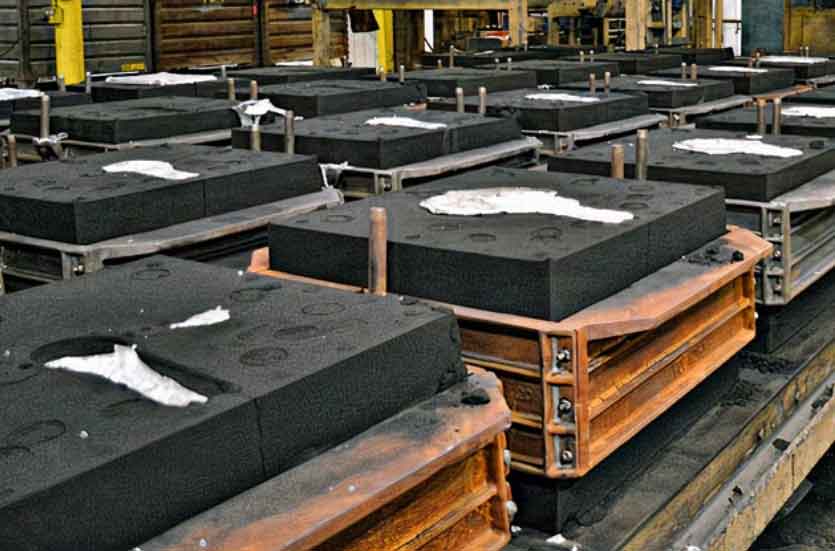Let’s focus on the advantages of resin sand casting, which include precision, versatility, and cost-effectiveness.

1. Precision: Resin sand casting offers high dimensional accuracy and the ability to produce intricate details and complex shapes. The mold used in the process allows for tight tolerances, ensuring that the final cast part meets the desired specifications. This precision is especially beneficial when manufacturing parts that require a high level of accuracy and consistency.
2. Versatility: Resin sand casting is a highly versatile casting method that can accommodate a wide range of part sizes, complexities, and shapes. It is capable of producing parts with undercuts, internal features, and varying wall thicknesses. This flexibility makes it suitable for a diverse range of applications across industries, from small and delicate components to large and robust ones.
3. Cost-Effectiveness: Resin sand casting is often a cost-effective casting method, particularly for low to medium production volumes. The materials used in the process, such as sand and synthetic resin, are relatively inexpensive compared to other casting materials. Additionally, the reusable nature of the molds reduces tooling costs over time, especially when producing multiple parts from the same mold. The efficiency of resin sand casting also contributes to cost-effectiveness, as it allows for faster production cycles and reduced labor requirements.
4. Surface Finish: Resin sand casting generally provides a good surface finish on the cast parts. The use of high-quality sand and the ability to achieve fine mold details contribute to smooth and visually appealing surfaces. This often reduces the need for extensive post-processing operations such as sanding, grinding, or polishing, resulting in time and cost savings.
5. Material Selection: Resin sand casting can accommodate a wide range of materials, including both ferrous and non-ferrous alloys. This enables manufacturers to choose the most suitable material for their specific application requirements. Whether it’s aluminum, iron, steel, bronze, or other alloys, resin sand casting offers the flexibility to work with various metals.
These advantages make resin sand casting a popular choice for many industries, including automotive, aerospace, industrial machinery, and more. Its precision, versatility, and cost-effectiveness contribute to its widespread use in the production of high-quality metal parts.
